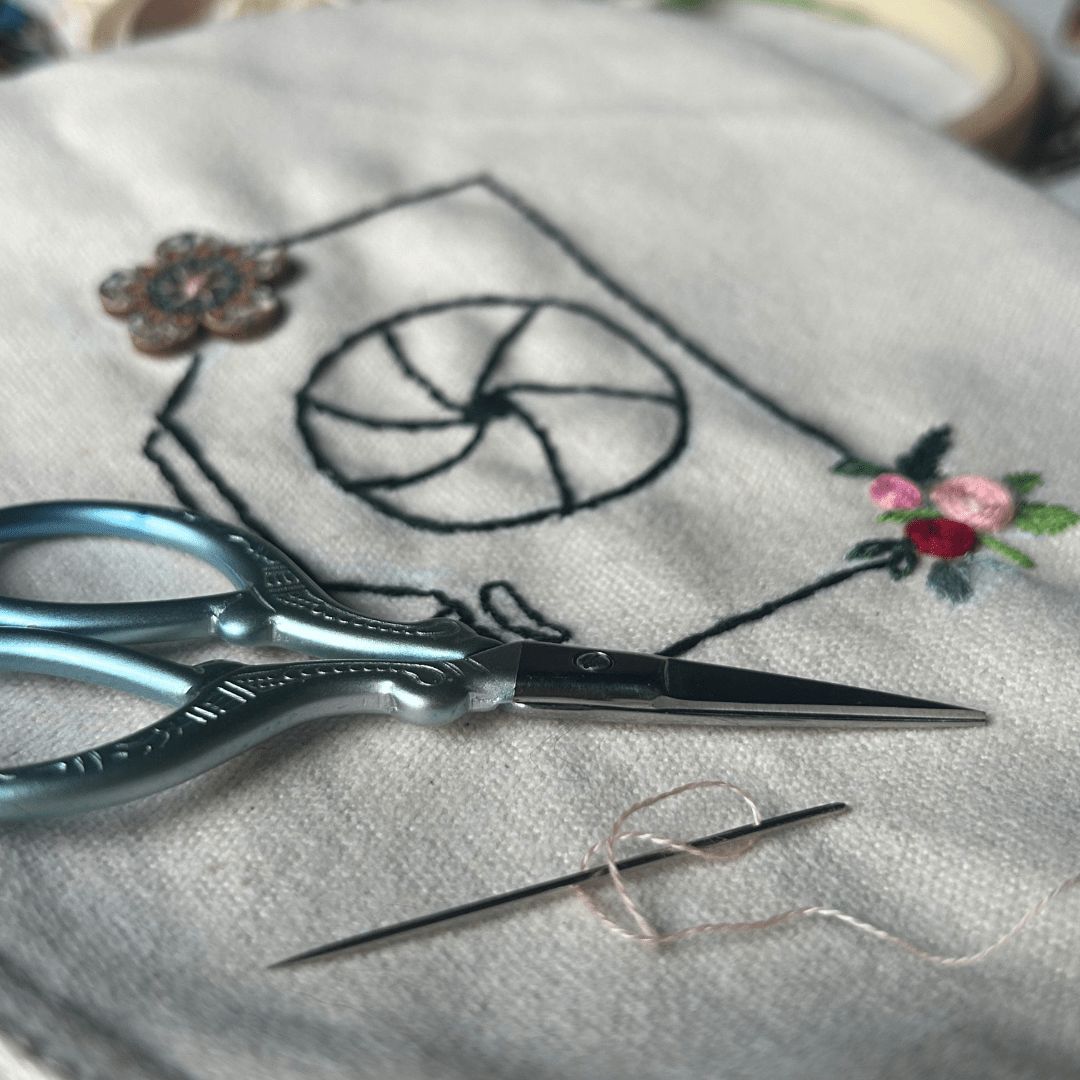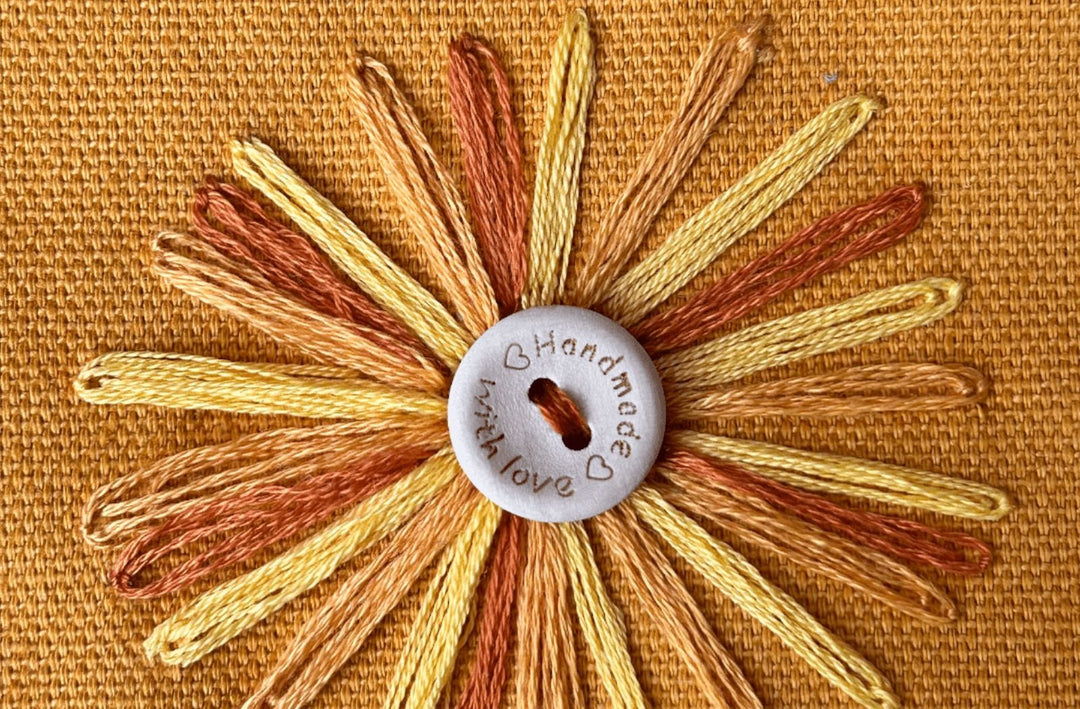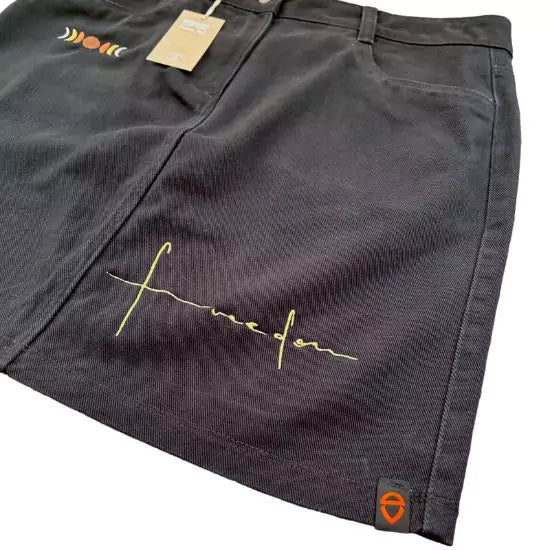Embroidery: the precious art between difficulty and prestige
Embroidery is more than just decoration: it is an ancient art requiring skill, patience and creativity. Over the centuries, this technique has adorned clothes, fabrics and accessories, becoming a symbol of prestige and refinement. Today, in a world dominated by industrial production, embroidery continues to represent a unique excellence, appreciated for its value and difficulty.
What is embroidery and why is it special?
Embroidery consists of applying designs or motifs to a fabric using a needle and thread. It can be done by hand or by machine, but both techniques require precision and care. Every stitch, every detail is the result of a careful process that transforms a simple fabric into a work of art.
What makes embroidery special is its unique character: no piece is ever identical to another, especially when it is handcrafted. This uniqueness makes it a distinctive element in fashion, a symbol of luxury and customisation.


The difficulty behind the beauty
- Complex techniques
Embroidery requires a thorough knowledge of techniques and tools. Among the best known stitches are the cross stitch, chain stitch, satin stitch and knot stitch. Each technique has its own peculiarities and applications, and mastering them all requires years of practice.
- Preparation and precision
Before starting an embroidery project, it is necessary to prepare the design, choose the most suitable colours and materials. Any mistake, even the smallest, can compromise the final result, requiring a steady hand and great attention to detail.
- Time and patience
Embroidery is a job that admits of no hurry. Even a small motif can take hours of work, especially if it is done by hand. This commitment is reflected in the value of the finished product, which becomes a symbol of dedication and craftsmanship.

Art and Tradition
The prestige of embroidery in the fashion world
Embroidery has always played a central role in fashion, associated with exclusive, high-end garments. In past centuries, embroidered dresses were worn by nobles and royalty as a sign of wealth and power. Today, embroidery continues to play a leading role in haute couture collections, enhancing unique and precious garments.
Want to know more?
Here are some reliable resources to explore the topic:
- Embroidery Guild (www.embroideryguild.org): Learn about embroidery techniques and history.
- Textile Artist (www.textileartist.org): Insights into contemporary textile art, including embroidery.
Embroidery is a perfect combination of art and technique, capable of transforming an ordinary garment into an extraordinary object. Behind every stitch is a story of tradition, passion and creativity. Choosing an embroidered garment means investing in something unique, which embodies value, beauty and prestige.






